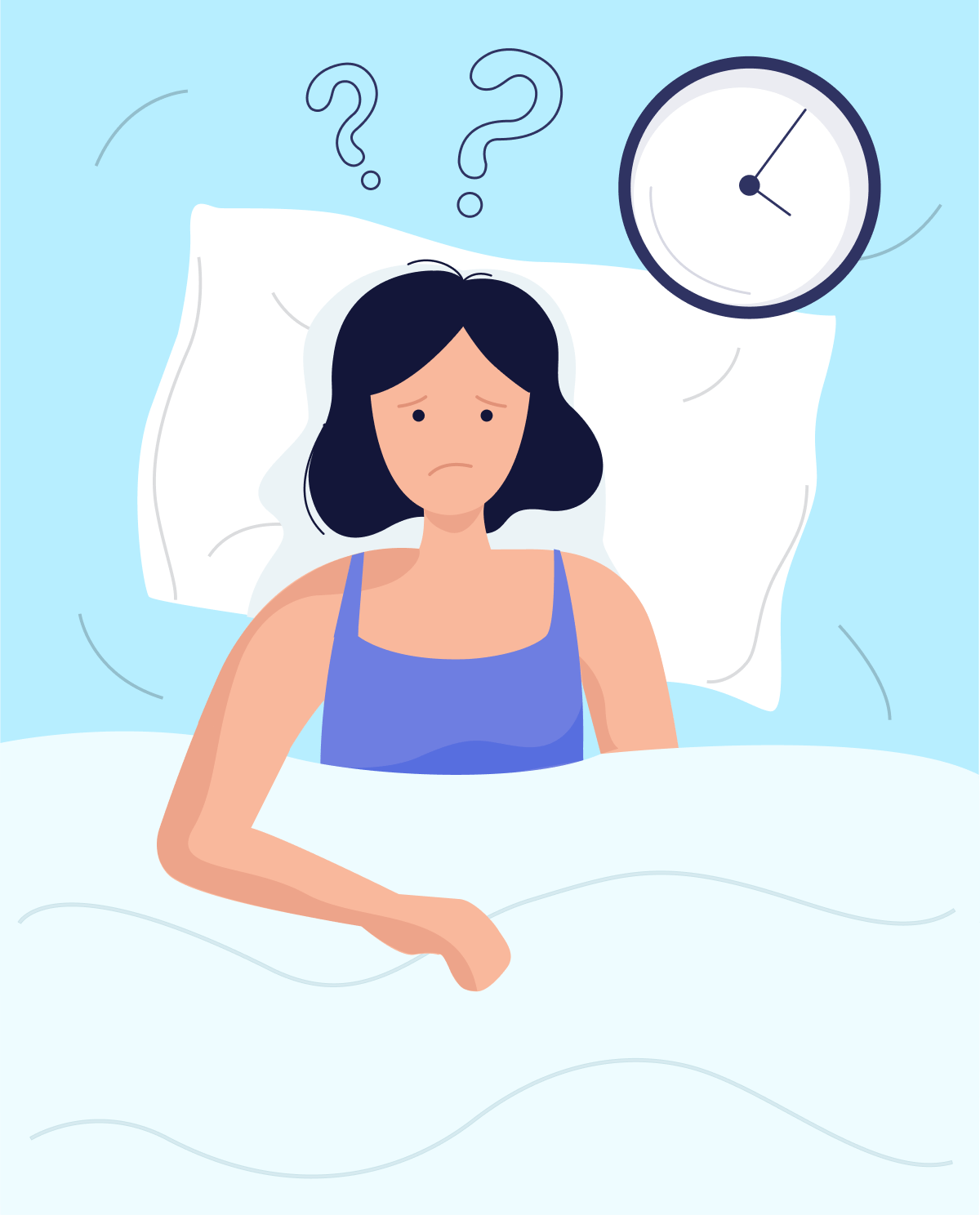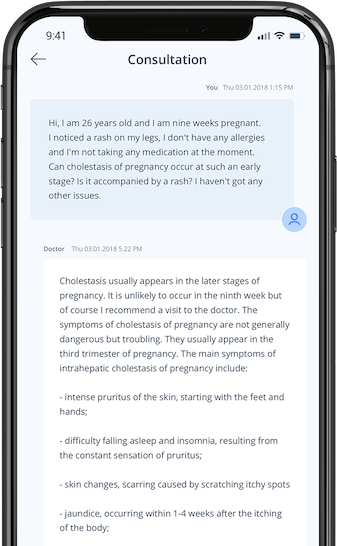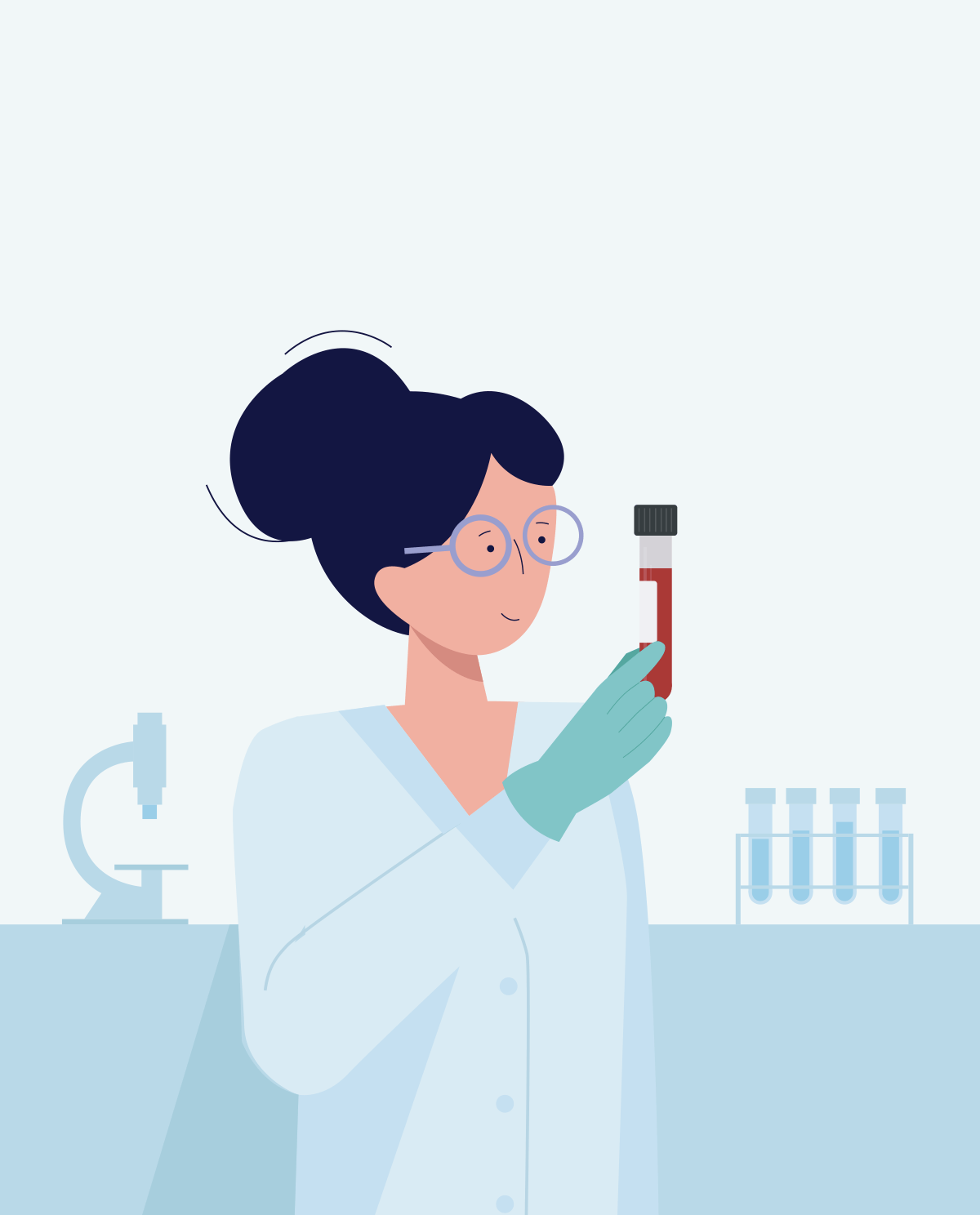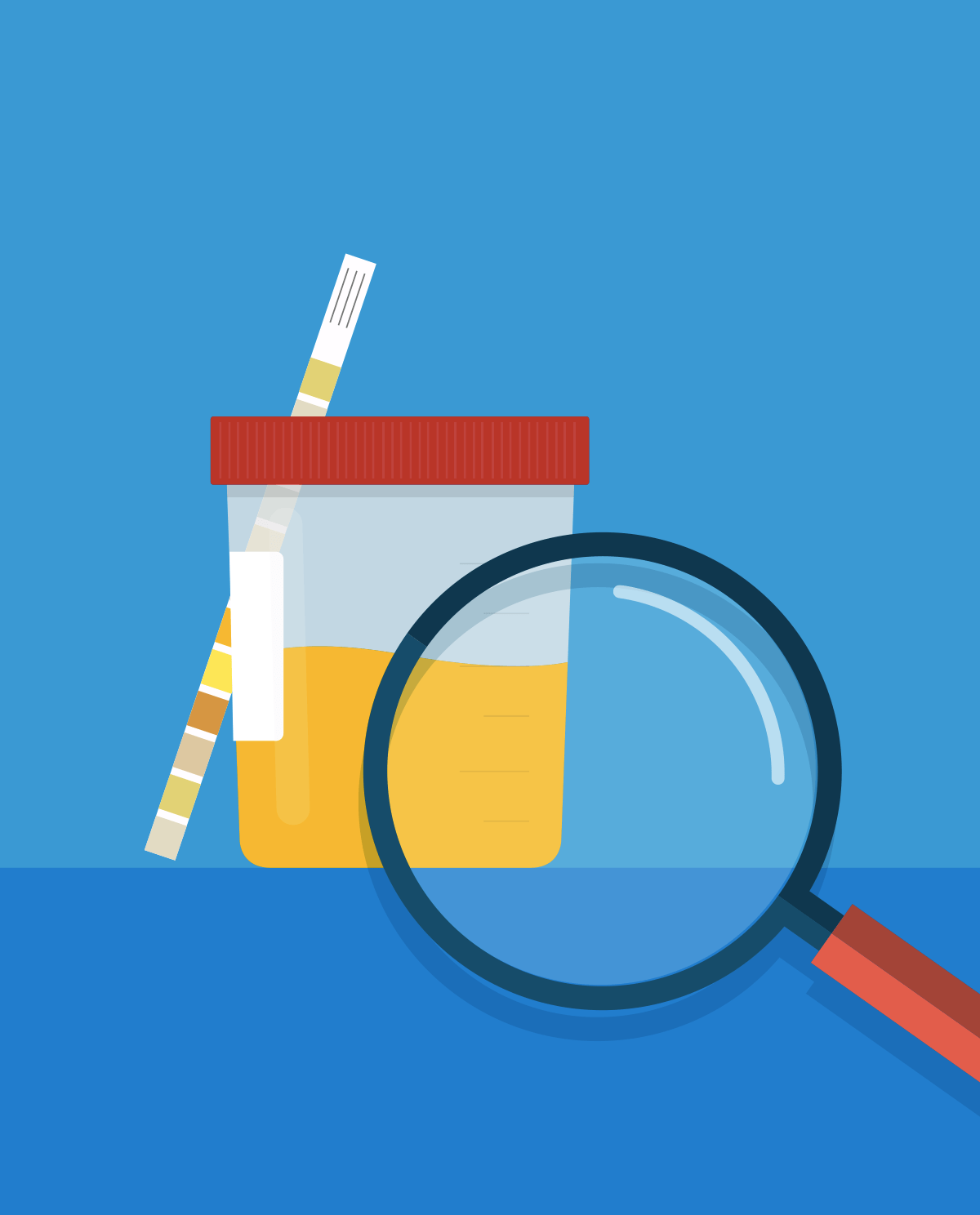Sleep is essential for the human body, just like food and water, but many individuals fail to obtain an adequate amount of sleep. When we experience insufficient sleep, poor sleep quality, or disruptions to our sleep patterns, it affects our functioning during wakefulness, leading to feelings of sleepiness and fatigue. When a person is sleep-deprived and fatigued, they become more prone to accidents, and impaired judgment, and are more likely to make mistakes and poor decisions. This is why sleep deprivation contributes to road accidents and work-related injuries. Moreover, inadequate sleep can impact a child's performance at school and may be linked to an increased risk of emotional problems, such as depression.
Causes of sleep deprivation
- Aging (with age, it has been shown that sleep is greatly diminished).
- Voluntary choice (watching tv shows, going out, etc).
- Illness preventing adequate sleep.
- Work impeding the circadian rhythm.
- Sleep apnea, limb moving disorder.
- Environmental factors or sleeping conditions.
- Medication.
Consequences of sleep deprivation
- Slowed reaction time.
- Poor judgment.
- Memory and concentration problems.
- Easily frustrated.
- Depression and anxiety.
- In children, the signs of inadequate sleep can result in a variety of signs and symptoms such as temper tantrums; problems controlling impulses resulting in dangerous behavior and poor choices; increased likelihood of depression and attention deficit hyperactivity development; low performance in school.
- Chronic sleep deprivation has been associated with the development of worsened immune responses; obesity (patients that indulge in sleep deprivation are more prone to consume more high-calorie meals); hormonal imbalance (due to the circadian rhythm disruption); increased risk of metabolic syndromes such as diabetes.
Diagnostic methods employed for sleep deprivation
A healthcare professional can typically diagnose sleep deprivation by asking about your symptoms, medical history, and daily routines. In most cases, no additional tests are necessary. However, in certain situations where there might be an underlying condition related to or caused by sleep deprivation, further tests may be required. These tests can include:
- Polysomnography: Polysomnography is a comprehensive sleep study that uses sensors and electrodes placed on your body to monitor various physiological signals during sleep. These signals include brain waves, muscle activity, breathing patterns, heart rate, and oxygen levels. Sleep specialists analyze the recorded data to diagnose sleep disorders and assess sleep quality. Polysomnography is the standard method for diagnosing sleep-related issues and helps determine the appropriate treatment.
- Electroencephalogram (EEG): The Electroencephalogram (EEG) is a commonly used technique in sleep studies to measure and record brain activity during sleep. After the sensor placements, the EEG machine records and amplifies the detected electrical activity, converting it into waveforms that represent different sleep stages. The analysis helps specialists diagnose sleep disorders, evaluate sleep structure, and identify any abnormalities or disruptions in brain activity during sleep. The EEG is a valuable tool in sleep studies, offering insights into brain function and aiding in the diagnosis of sleep disorders such as sleep apnea, insomnia, narcolepsy, and parasomnias. By studying brain activity patterns during sleep, healthcare professionals can customize treatment plans to enhance sleep quality and address specific sleep-related issues.
- The Maintenance of Wakefulness Test (MWT) is a clinical assessment used to evaluate a person's ability to stay awake and alert during the daytime
- Multiple sleep latency test: a diagnostic tool employed in sleep medicine to assess daytime sleepiness and diagnose specific sleep disorders, especially narcolepsy.
How to manage this condition
A significant number of individuals experience inadequate sleep due to accepting sleep deprivation as a normal state. Instead of taking proactive measures to improve their sleep, they rely on temporary solutions like consuming coffee or energy drinks, taking naps, or pushing through the tiredness. However, these approaches are not sustainable remedies for sleep deprivation. While they may provide temporary relief, the long-term consequences of sleep deficiency persist. Consequently, it is crucial to shift the focus towards prioritizing more sleep and striving for better quality rest to address the issue effectively. The treatments for sleep deprivation vary depending on its severity. In certain cases, your doctor may recommend trying self-care methods before resorting to medication. Sleeping pills may be prescribed, although their effectiveness may diminish over time and they can actually disrupt your sleep. When sleep deprivation is caused by a disruption in your body's internal clock, known as a circadian rhythm disorder, your doctor may suggest light therapy to help readjust your internal clock and improve the quality of your sleep. If you are diagnosed with sleep apnea, your doctor may prescribe a specialized breathing machine called CPAP (continuous positive airway pressure) to use while you sleep. This machine delivers a continuous stream of air through a mask, helping to keep your airway open and alleviate sleep apnea symptoms.
Suggestion to aid in sleep pattern disruption
To enhance your sleep quality, gradually adjust your bedtime to an earlier hour, refrain from smoking or consuming alcohol and caffeine before bed, optimize your sleeping environment by ensuring darkness and minimizing noise, eliminate distractions like TVs or computers in the bedroom, utilize relaxation techniques to facilitate faster sleep onset, and if you experience sleep disorders such as snoring, seek professional help for appropriate management.
Recommended time to sleep
- Children require about 10 hours of sleep.
- Teenagers usually require the same as children but, experience an increased need for sleep, but their social obligations and peer pressure often lead to a decrease in sleep duration. Factors like early school start times further contribute to sleep deprivation. Research suggests that during this stage, there is a natural shift in the sleep-wake cycle, causing teenagers to feel sleepier later in the evening and prefer waking up later.
- Adults, on the other hand, require an average of 8 hours.








